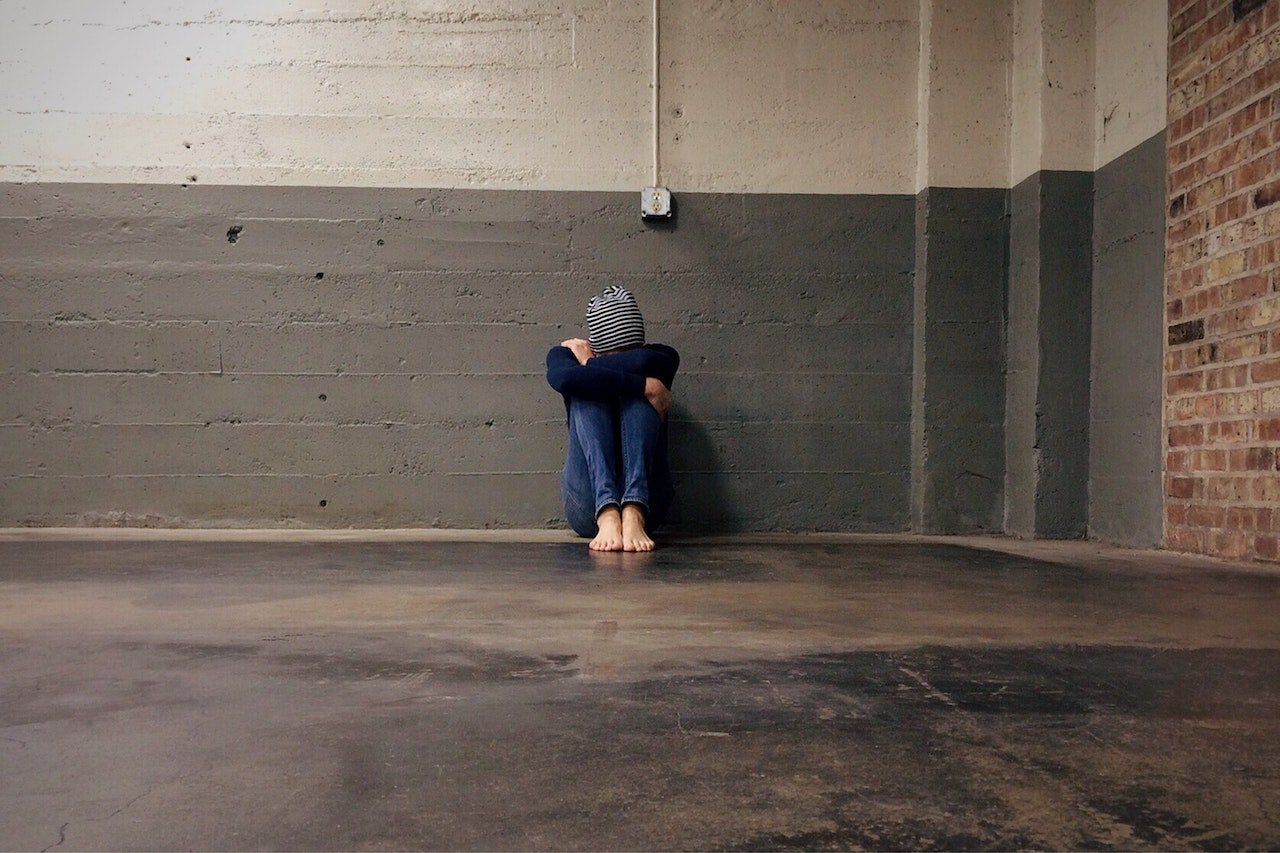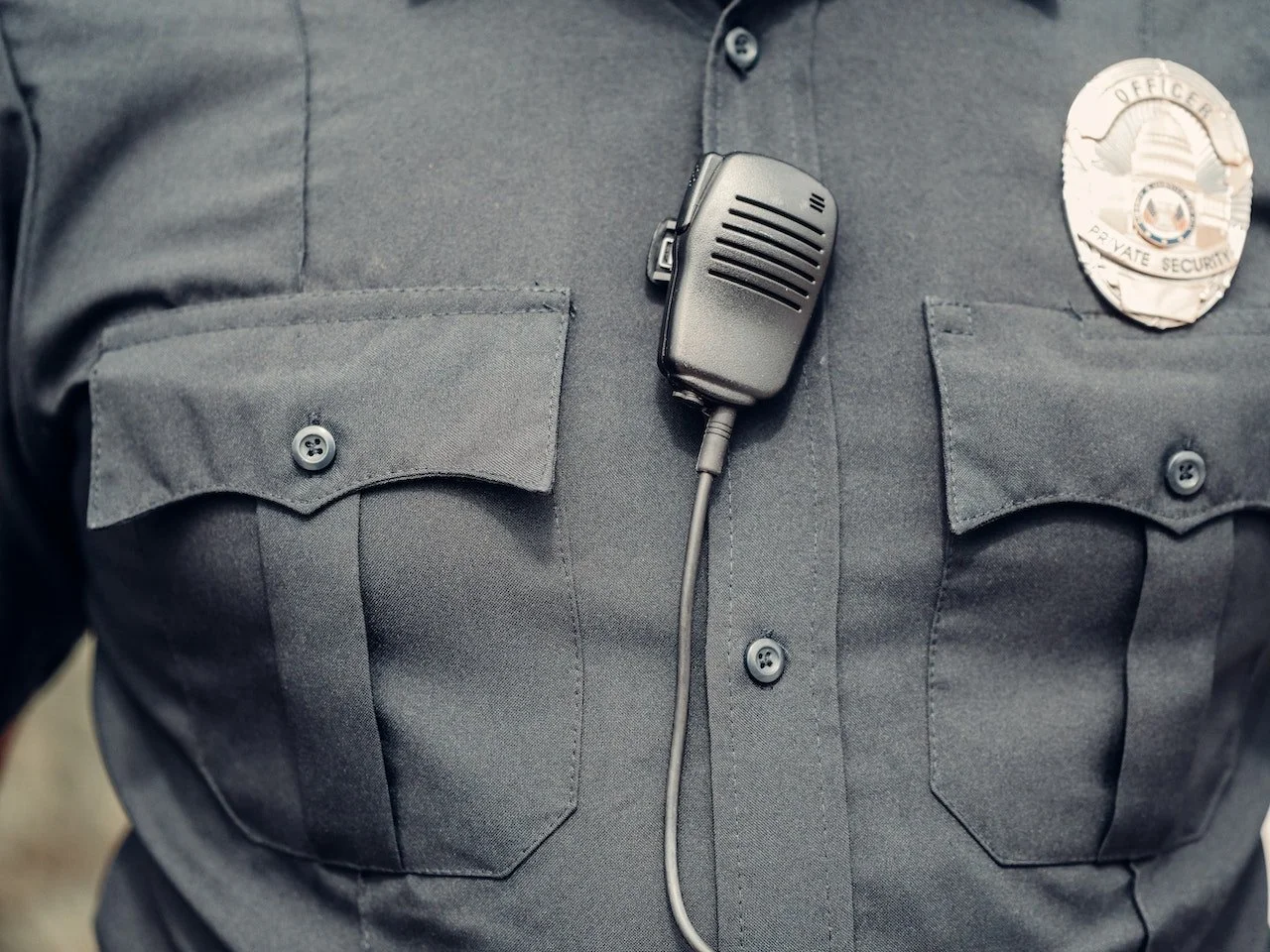case studies
Cases by Topic
- Behavioral Services not Baker Act 1
- Discrimination on the Basis of Disability 6
- Discrimination on the Basis of Race 2
- Discrimination on the Basis of Sex Gender Identity and Sexual Orientation 5
- Drivers’ License Suspensions for Municipal Ordinance Violations 1
- Ensuring Due Process 7
- First Amendment 5
- Food Sharing is Not a Crime 2
- Government Accountability & Access to Courts 4
- High Quality Education 4
- Home & Community-based Medicaid Services 13
- Homeless 12
- Juvenile Justice 3
- LGBTQ Rights 3
- Mental Health 5
- Promoting Fairness and Due Process 7
- Property Sweeps 2
- Protecting Freedom of Speech 3
- Right to Ask for Help 3
- Right to Be in Public Places 2
- Sleeping is a Human Need 1
- Students with Disabilities 6
- Transgender Rights 2
Alachua County Conversion Therapy Ban
SLC joined a coalition of LGBTQ+ advocacy groups in North Central Florida to push for Alachua County to pass a ban on conversion therapy for minors. Conversion therapy is a harmful and scientifically denounced practice with the goal of changing or reducing one’s same-sex attraction or altering a person’s gender identity through physical treatments like aversive conditioning, and a variety of behavioral, cognitive, and psychoanalytic practices.
In re Juvenile Rules of Proc.
As counsel for Florida Center for Children and Youth, SLC petitioned for a rule change of first impression to the Juvenile Rules of Procedure concerning the placement of delinquents charged as minors in adult jails when juvenile detention facilities were overcrowded or were otherwise believed to be inadequate. The petition was granted by Juvenile Court Rules Committee of The Florida Bar and its Board of Governors, but the Florida Supreme Court denied the proposed rule amendment. The Florida Legislature then amended the statute to restrict minors not charged as adults from commingling with adult jail inmates.
RMP v. Jones
As counsel for amicus Florida Center for Children and Youth, SLC briefed and argued a first impression issue concerning the lock-up and commingling of runaways, truants and ungovernable youth (status offenders) with delinquents charged with or adjudicated on criminal law violations. The Florida Supreme Court declined to reform the system of mixing law violators with status offenders. The Florida Legislature followed by amending the law to prohibit this practice and established new comprehensive programs for these non-criminal youth. Co-counsel: National Juvenile Law Center.
Bobby M. v. Martinez
Bobby M. v. Martinez, Case No. TCA 83-7003 (N.D. Fla., J. Paul), 907 F. Supp. 368 (N.D. Fla. 1995); Jodi Siegel, Reforming Florida's Juvenile Justice System: a Case Example of Bobby M. v. Chiles, 19 Fla. State Univ. L. Rev. 693 (Winter 1992). This statewide class action suit was brought on behalf of approximately 1,000 youth confined to Florida's juvenile training schools, which then were the only facilities for youth in the delinquency system. The suit challenged the conditions and practices of those schools, and alleged unconstitutional conditions of confinement and inappropriate placements.
Coalition for Advocacy v. Chiles
SLC represented intervenors of 38 low-income and minority school children and four prominent civil rights groups - NAACP, Spanish American League Against Discrimination, League of United Latin American Citizens, and the Haitian Refugee Center. The suit was brought by 43 school boards against the Legislature and state education agencies. The central claim was that children have the fundamental right to be "adequately provided with a uniform education" under the state constitution's education clause.
Citizens for Strong Schools, et al. v. Florida State Bd. of Educ.
The citizens of Florida repeatedly voiced their wishes in the Florida Constitution that the State of Florida provide a high quality public school education. On November 18, 2009, SLC filed a declaratory action under the Florida Constitution on behalf of public school students in Florida against state officials to challenge the failure to provide a high quality education. Plaintiffs were two citizen organizations, a grandmother, parents and students.
J.R. v. Palm Beach Cnty. Sch. Bd.
J.R. is a special education student with an emotional disability. During an incident in which he was misbehaving, the school called the resource officer to restrain him. After he was placed in handcuffs in a seclusion room and while he was on the floor, the resource officer pepper sprayed him. We filed a § 1983 excessive force police misconduct case seeking an injunction to improve the pepper spray policy in this school district, which allowed too much discretion in school resource officers.
Cook v. Sch. Bd. of Sarasota Cnty.
SLC obtained the first state appellate order that addressed the federal Education of the Handicapped Act (now IDEA), affirming administrative precedent regarding when a school board is obligated to provide a residential placement for seriously emotionally disturbed youth.
Snow v. Volusia Cnty. Sch. Bd.
This class action challenged a pattern and practice of discrimination against students in a school for students with disabilities. A preliminary injunction closed a school that the State had condemned as unsafe several years earlier. In addition, special educational programming requirements were ordered by the court at the new site. This case prompted a statewide examination of the cost-effectiveness of segregated facilities for students with disabilities.
Martinez v. Sch. Bd. of Hillsborough Cnty.
When a school board isolated an HIV positive student with developmental disabilities from the general population at the school, SLC submitted an amicus curiae brief on behalf of the Advocacy Center for Persons with Disabilities (now Disability Rights Florida) that discussed an issue of first impression involving the interrelationship of Rehabilitation Act and Education of Handicapped Act (now IDEA) claims.
Alice K. Nelson & Jodi Siegel, “Corporal Punishment and Handicapped Children”
When school boards and the Florida Legislature were debating whether to ban corporal punishment, SLC wrote an article detailing the historical perspective, social science, and negative consequences of using this disciplinary method on children with disabilities.
W.R. v. Sch. Bd. of Osceola Cnty.
After successful special education advocacy on behalf of a child with disabilities, SLC obtained legal precedent, in a case of first impression, that Florida state courts have the legal authority to award attorneys’ fees under the federal Individuals with Disabilities Education Act. This ruling expanded the availability of lawyers for these types of cases due to the availability of attorneys’ fees, ensuring that more children with disabilities will have access to courts.
L.J. v. Broward Cnty. Sch. Bd.
SLC represented a boy with autism whose IEP and behavioral implementation plan were not fully implemented. The Eleventh Circuit, governing Florida, Georgia and Alabama, established materiality as the standard for determining if an Individualized Education Program has been adequately implemented under the Individuals With Disabilities Education Act. While precedent-setting for future cases, the court concluded in this case that the School Board had materially implemented the IEP.
LeClair v. Williams
Trading wrongful death damages against the State on behalf of one person to obtain policy reform that protected hundreds of thousands of people with disabilities in the future is a classic example of SLC’s innovative legal advocacy. A woman with severe disabilities died from a lithium overdose during an experimental drug treatment program at a Gainesville institution for persons with developmental disabilities. To prevent more unnecessary deaths, SLC filed a lawsuit that changed policy, resulting in a rule regarding the proper administration of psychotropic drugs that applied to all state institutions.
Sanbourne v. Bush
Sanbourne v. Bush, Case No. 89-6283-Civ-Nesbitt (S.D. Fla., J. Nesbitt), originally filed as Gonzalez v. Martinez; summary judgment denial reported at 756 F. Supp. 1533 (S.D. Fla. 1991). This was a class action involving the care and treatment of persons with mental illness confined to South Florida State Hospital (SFSH) and living in the South Florida community.
Bridges v. Sandstrom
We participated as amicus curiae in a long-standing suit challenging the treatment of persons with mental illness (often homeless persons) in the Dade County jail system. Our nationally recognized experts prepared a short-term plan which was adopted by the Court and implemented by Defendant Dade County to improve conditions. $945,000 was allocated for implementation of the expert's short-term plan.
Armstead v. Coler
This class action was originally brought by Jacksonville Area Legal Aid challenging the State of Florida's practice of housing persons with developmental disabilities at Northeast Florida State Hospital at Macclenny, a facility for persons with mental illness. We entered our appearance in 1996 to monitor the implementation of the Compliance Plan, which includes provisions for the care and treatment of class members at NEFSH, appropriate discharges from NEFSH, and appropriate community services after discharge.
Canupp, et al. v. Liberty Behavioral Health Corp.
This class action challenged the lack of an effective treatment regimen and adequate mental health care at the Florida Civil Commitment Center (FCCC). Approximately 450 men were detained at FCCC, with more arriving every day under Florida’s Jimmy Ryce Act. The State’s failure to provide constitutionally adequate treatment made their confinement essentially a life sentence. The court certified the case as a class and created two sub-classes. A mediated settlement was reached.
Florida Ass’n for Retarded Citizens v. Martinez
State v. Kinner, 382 So. 2d 756 (Fla. 2d DCA 1980), rev’d, 398 So. 2d 1360 (Fla. 1981), reported in 4 ABA Mental Disab. L. Rptr. 324 (1980). At the request of the Florida Second District Court of Appeal, we represented a class of persons with developmental disabilities as amicus curiae in a case which challenged the constitutionality of Florida's statutory provision allowing for involuntary commitment of persons with developmental disabilities to residential facilities. After the DCA found the provision unconstitutional, the Legislature amended the statute in a manner consistent with the position argued in the brief. Co-counsel was the Governor's Commission on Advocacy for Persons with Developmental Disabilities (now Disability Rights Florida).
State v. Kinner
At the request of the Florida Second District Court of Appeal, we represented a class of persons with developmental disabilities as amicus curiae in a case which challenged the constitutionality of Florida's statutory provision allowing for involuntary commitment of persons with developmental disabilities to residential facilities. After the DCA found the provision unconstitutional, the Legislature amended the statute in a manner consistent with the position argued in the brief.




















